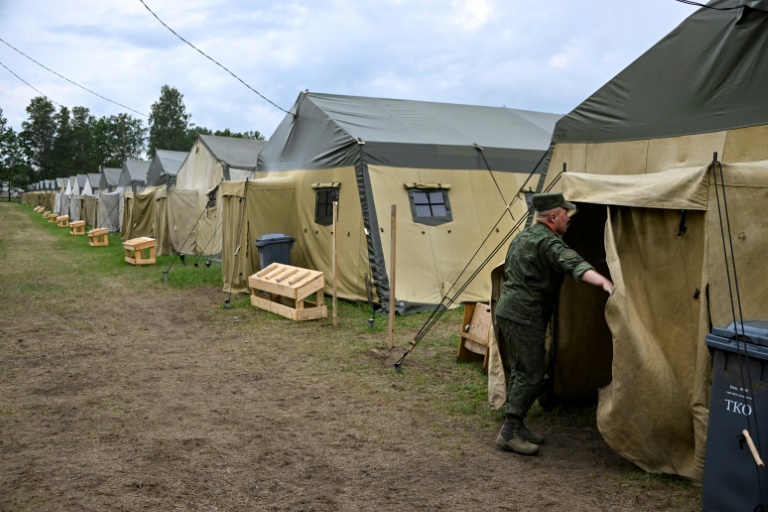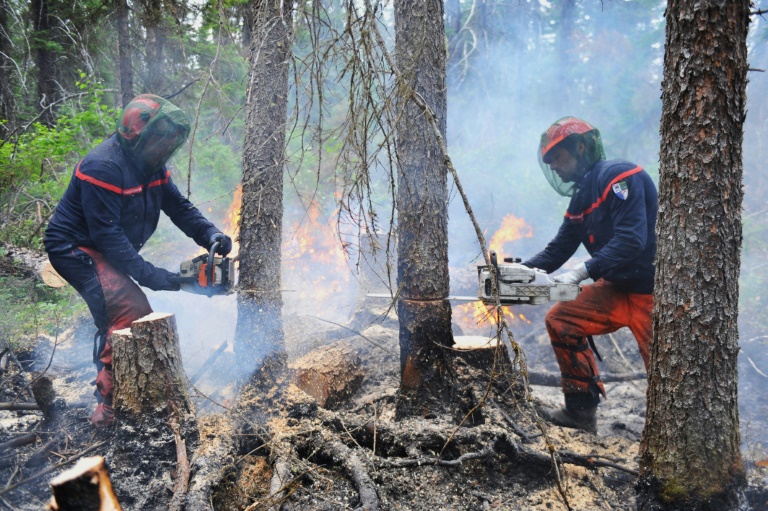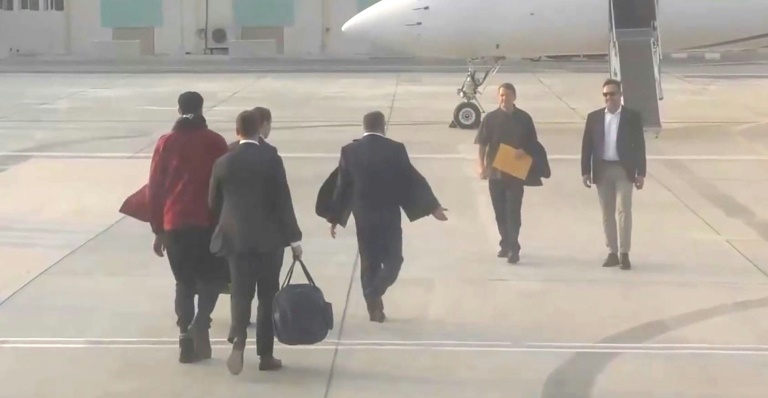AFP
Belarus said Friday that instructors from the Russian mercenary force Wagner were training its troops, following weeks of uncertainty about the future of the group after its failed mutiny in Russia.
The short-lived rebellion was ended by a deal under which some Wagner fighters and their outspoken leader Yevgeny Prigozhin were supposed to move to Belarus.
But Belarusian President Alexander Lukashenko had cast doubt on the deal when he said earlier this month that no Wagner fighters had moved to the country yet.
The Belarusian defence ministry appeared to confirm that at least some Wagner fighters had arrived.
“Near Asipovichy, units of territorial defence troops are undergoing training,” the defence ministry said in a statement.
“Fighters of the Wagner private military company are acting as instructors in a number of military disciplines,” it said.
The Wagner group, which recruited extensively from Russian prisons, played a key role in the Ukraine offensive.
A video released by the Belarusian defence ministry showed masked fighters as instructors in the drills for soldiers living in a nearby tent camp.
A group of foreign reporters earlier this month was shown a camp near Asipovichy where Belarusian officials said the mercenaries could be based.
The deal, signed five months after Moscow’s all-out assault on Ukraine, is set to expire on Monday, and Russian President Vladimir Putin has repeatedly threatened not to renew it because of obstacles to Russian exports.
“We are preparing to welcome Putin in August and we agree on the extension of the Black Sea grain corridor,” Erdogan told reporters.
But Kremlin spokesman Dmitry Peskov told state news agency RIA Novosti: “There were no statements on this subject from the Russian side”.
In Ukraine, Kyiv’s much-hyped counteroffensive, which began last month, ground on with only very gradual advances.
This has created tensions with the ex-Soviet country’s Western supporters, who have sent billions of dollars in military aid.
Ukraine has blamed the slow delivery of promised arms, calling on allies to send long-range weapons and fighter jets.
Ukraine said on Friday its forces had moved forward 1,700 metres (just over a mile) on the front line in the south over the past seven days.
Ukrainian troops are advancing despite “dense” minefields and shelling, Mykola Urshalovych, a senior representative of the National Guard, told reporters.
There have also been some advances to the north and south of Bakhmut, a city which was captured by Russian troops in May after a battle lasting nearly a year.
The aim of Ukrainian forces is to surround the eastern city in a pincer movement.
Masik, a drone operator taking part in the new battle for Bakhmut, said he was confident Ukraine would be victorious.
“Bakhmut will be ours,” he told AFP from a trench hidden by trees just two kilometres from Russian lines, along a field marked by craters from frequent shelling.
The head of Ukraine’s presidential office, Andriy Yermak, admitted that Kyiv’s troops were advancing “not so quickly”.
“If we are going to see that something is going wrong, we’ll say so. No one is going to embellish,” he told reporters.
Yermak also said that Ukraine would not consider talks with Moscow until Russian troops had left.
“Even thinking about these talks is only possible after Russian troops leave our territory,” he said.
Ukraine’s air force said on Friday it had downed 16 Iranian-made drones launched by Russian forces overnight, in the fourth consecutive night of aerial attacks by Moscow.
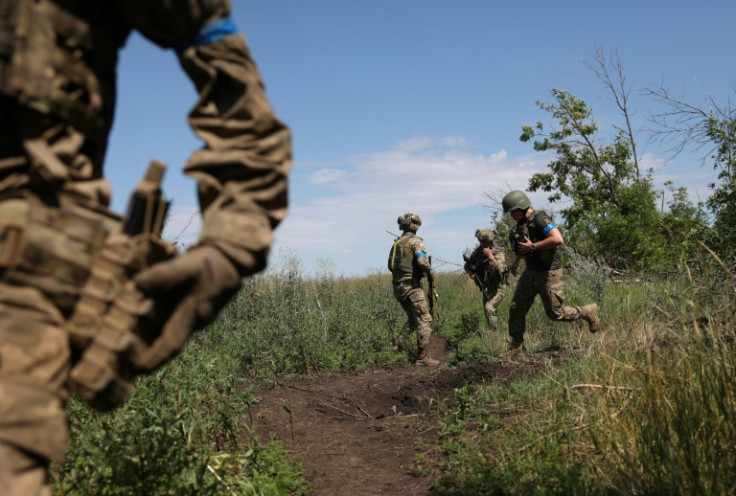
AFP
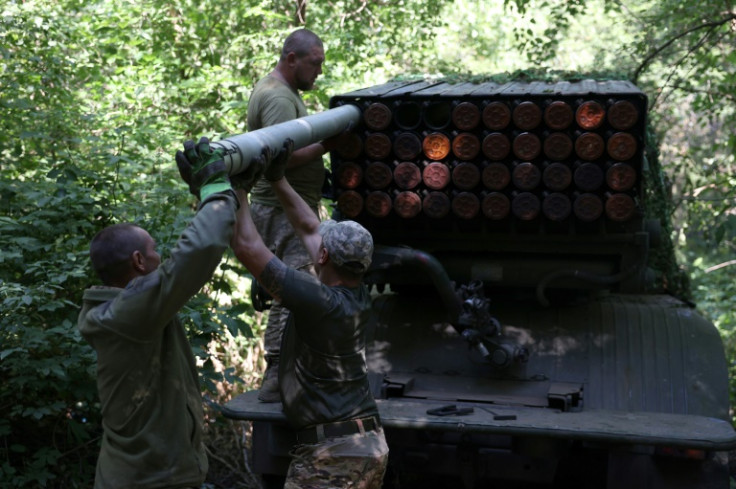
AFP

